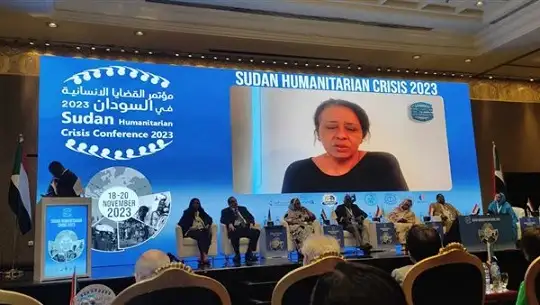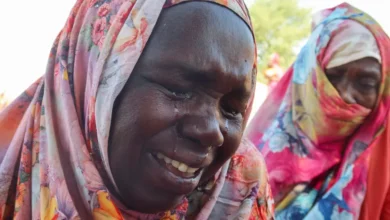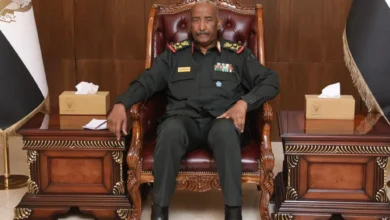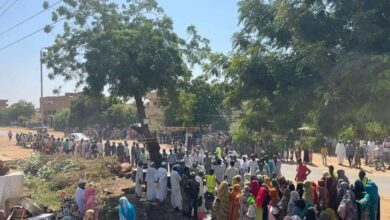The Conference on Humanitarian Issues ends its meetings in Cairo

The Conference on Humanitarian Issues in the Sudan recommended the preparation of an action plan for humanitarian action through coordination with emergency rooms and active initiatives and between international organizations directly, amid calls for aid control.
Transfers of humanitarian assistance to those in need and trapped in the areas of clashes, especially the capital Khartoum, and a number of Darfur cities, have been completely disrupted amid international demands for combatants to open safe corridors for delivery.
The conference on humanitarian issues in the Sudan ended its work on Monday in the Egyptian capital, Cairo, with 420 participants, including more than 100 arrivals from inside the Sudan.
The Conference’s recommendations included, in the areas of social protection, health, education, sexual violations and violence against women during the war, food security, coordination and complementarity of roles.
Participants agreed to establish the Preparatory Committee’s working group to prepare an integrated report on these recommendations as well as a practical plan for how to achieve them on the ground through close coordination between emergency rooms and active grass-roots initiatives and international organizations directly.
A feminist campaign active in defending women’s rights and combating injustice prompted a memorandum by the conferences calling on them to strictly control humanitarian assistance and resolve manipulation of the quantities reaching the Sudan.
There were many suspicions about the distribution of the Government’s assistance after the outbreak of the war and the destinations it received, while large sectors within the areas of clashes asserted that they did not reach them.
The memorandum underscored the importance of strict control of humanitarian assistance, pressure on both sides of the war and rapid support for the opening of safe corridors for the delivery of assistance to its merits.
The “significant shortfall in the aid budget is critical”, she added, while noting a talk by United Nations humanitarian officials that the gap in relief funding for Sudanese was 75 per cent.
The memorandum called for urging donors to increase the proportion of funding for relief organizations operating in the Sudan commensurate with the magnitude of the disaster, as well as increasing pressure on parties to the conflict to open safe corridors for access to relief, and the need to control the delivery and distribution of assistance by local and international civil society organizations in order to prevent corruption and the exploitation of assistance for the purposes of war and ensure its access to its entitlements.





